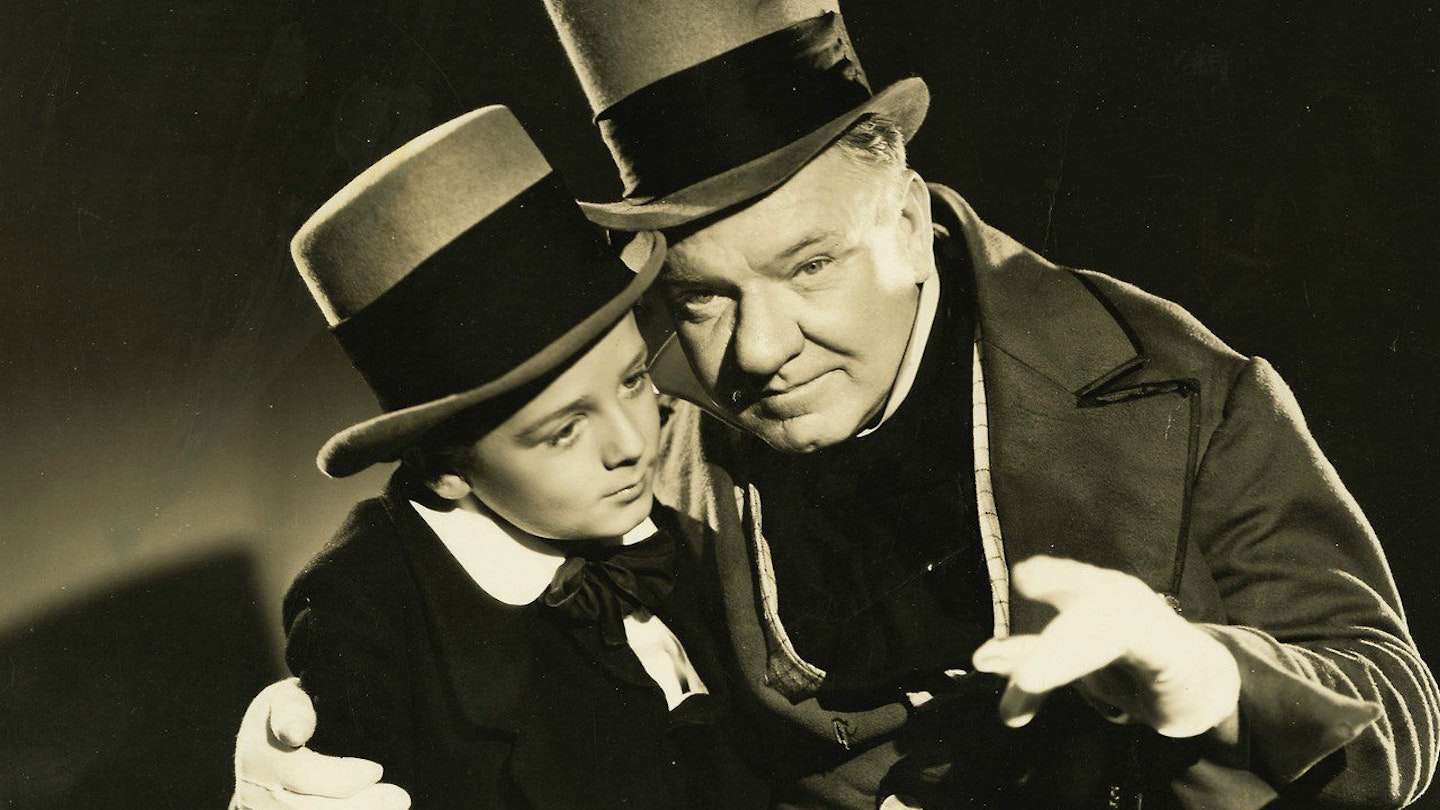Mention MGM's adaptation of Charles Dickens's masterpiece and most people will immediately recalls W.C. Field's scene-stealing performance as Mr Micawber. But, the real heroes of this enterprise are Howard Estabrook and Hugh Walpole, who captured the spirit of the source novel with a fidelity and finesse that Hollywood has all-too-rarely emulated.
That said, the film would never have been made at all without the persistence of producer David O. Selznick, who cherished the book from childhood readings by his emigrant film distributor father, Lewis, who had used the book to learn English on first arriving in the States. However, Selznick's father-in-law, Louis B. Mayer, mistrusted classics, as they invariably disappointed aficionados and bored lowbrows. However, a year's worth of memos browbeat Mayer into assigning a $1 million budget and Selznick and director George Cukor embarked on the crucial task of casting.
Some choices were offbeat, others inspired. Lionel Barrymore reined in his testiness as Dan Peggoty, Roland Young surpassed himself as the obsequious Uriah Heap and Basil Rathbone excelled as the cynically malevolent Murdstone, while the likes of Edna May Oliver (Aunt Betsey), Elsa Lanchester (Clickett), Lennox Pawle (Mr Dick) and Una O'Connor (Mrs Gummidge) turned in typically assured character displays.
But Fields and Freddie Bartholomew came aboard in more fortuitous circumstances. The latter was spotted on a location-scouting tour of England and Freddie's parents and aunt had to settle a custody battle before he was confirmed over Mayer's preference, Jackie Cooper. Fields had initially lost out to Charles Laughton in pre-production. But masses of research failed to ease the notoriously temperamental Laughton into the role and he quit after a week of fluffed lines and growing desperation. His successor completed his scenes in a fortnight, blending Dickens with his own unique screen persona to deliver an unforgetable performance, in which he even managed to ad lib in character.
Selznick's gamble paid off with box-office takings of $3.8 million, but the curmudgeonly Mayer still tried to trim the running time until dissuaded by protesting punters.
